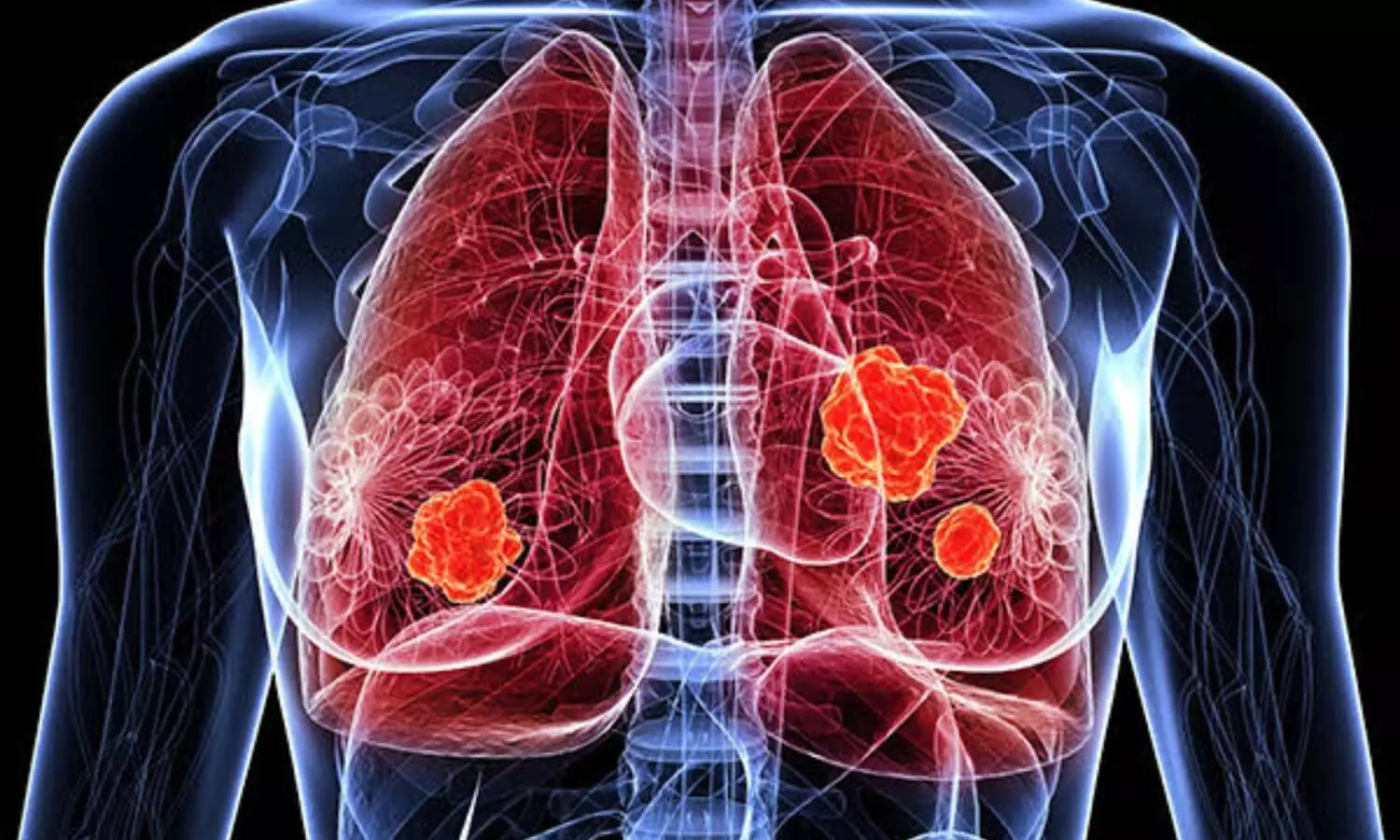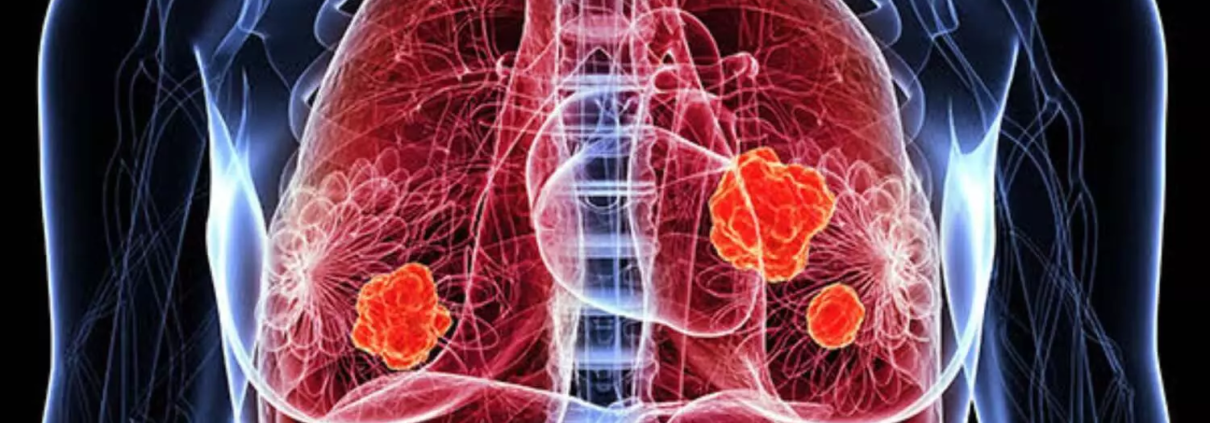Respiratory drive heterogeneity linked to systemic inflammation and vascular permeability in ARDS: Study

Recently published research paper investigates the correlation between systemic inflammation, vascular permeability markers, respiratory drive, and clinical outcomes in acute respiratory distress syndrome (ARDS). The study aims to understand how these factors contribute to the heterogeneity of respiratory drive in ARDS patients and their impact on clinical outcomes. The paper includes detailed methods and results obtained from a multicenter trial, where ARDS patients were enrolled and relevant data and plasma biomarkers were collected for the study.
Study Findings
The results indicate that 54.8% of the included ARDS patients had detectable respiratory drive, and markers of vascular permeability and systemic inflammation were found to be independently associated with higher respiratory drive, even after accounting for other factors such as acid–base state, oxygenation, respiratory mechanics, and sedation depth. The study observed that sedation depth was significantly associated with respiratory drive, and this relationship might be explained in part by differences in inflammation and vascular permeability.
It was found that patients with moderate respiratory drive had lower mortality compared to those with either lower or higher drive. The paper also delves into potential mechanisms by which vascular permeability and systemic inflammation influence ventilatory control, impacting respiratory drive in critical illness. However, the study acknowledges several limitations, including its observational nature, the complex and bidirectional relationship between inflammation, endothelial injury, and respiratory drive, and the absence of some relevant measurements such as pain.
Study Implications
Overall, the study provides valuable insights into the association between systemic inflammation, vascular permeability, and respiratory drive in ARDS patients. It highlights the potential impact of targeting specific levels of respiratory drive in clinical care and emphasizes the need for further research to understand the complex pathways modulating control of breathing, inflammation, and endothelial barrier function in critically ill patients.
This research contributes to the understanding of respiratory drive heterogeneity in ARDS patients and sheds light on the potential implications for clinical care and future research in this area.
Key Points
– The research paper aims to investigate the correlation between systemic inflammation, vascular permeability markers, respiratory drive, and clinical outcomes in acute respiratory distress syndrome (ARDS) patients. The study involved a multicenter trial with ARDS patients where relevant data and plasma biomarkers were collected.
– The findings indicate that markers of vascular permeability and systemic inflammation were independently associated with higher respiratory drive in ARDS patients, even after considering factors such as acid–base state, oxygenation, respiratory mechanics, and sedation depth. Patients with moderate respiratory drive had lower mortality compared to those with either lower or higher drive. The study also explores potential mechanisms by which vascular permeability and systemic inflammation influence ventilatory control in critical illness.
– The study suggests the importance of targeting specific levels of respiratory drive in clinical care and the need for further research to understand the complex pathways modulating control of breathing, inflammation, and endothelial barrier function in critically ill patients. It contributes valuable insights into respiratory drive heterogeneity in ARDS patients and highlights implications for clinical care and future research in this area.
Reference –
Baedorf-Kassis, E., Murn, M., Dzierba, A.L. et al. Respiratory drive heterogeneity associated with systemic inflammation and vascular permeability in acute respiratory distress syndrome. Crit Care 28, 136 (2024). https://doi.org/10.1186/s13054-024-04920-4



